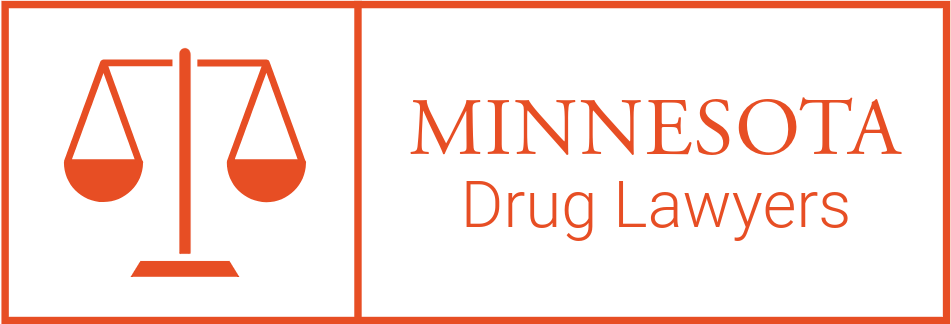
In Minnesota, the intersection of mental health and drug laws is intricate and poses a unique set of challenges. The legal system increasingly acknowledges the profound link between substance abuse and mental health disorders. Many facing drug-related charges also battle mental health issues, which may complicate their legal journey and affect the outcomes. Recognizing this, Minnesota has been adapting its approach, aiming to treat the root causes rather than just the symptoms of drug offenses.
As the state navigates this complex terrain, there has been a shift towards a more integrated and empathetic approach in dealing with cases that involve both mental health issues and drug offenses. This involves specialized legal procedures and support systems designed to address and manage the underlying mental health conditions alongside the legal aspects of drug offenses.
Through these efforts, Minnesota’s legal system strives to not only uphold justice but also facilitate the rehabilitation and recovery of those entangled in its grasp, highlighting a progressive move towards a more rehabilitative rather than purely punitive approach.
Understanding the Link Between Mental Health and Substance Abuse
Substance abuse and mental health disorders are often interlinked. Many individuals with mental health issues turn to drugs as a form of self-medication, which can complicate both the diagnosis and treatment of mental health conditions. Conversely, prolonged substance abuse can lead to the development of mental health disorders.
- Co-occurring Disorders: In Minnesota, the recognition of co-occurring mental health and substance abuse disorders has led to the development of integrated treatment programs that address both aspects simultaneously to improve recovery outcomes.
Legal Implications of Mental Health in Drug Cases
The presence of a mental health disorder can significantly affect the legal process in drug-related cases in Minnesota. Courts often consider the mental health status of the defendant when determining sentences, and there are provisions for mental health evaluations and treatment as part of the judicial process.
- Mental Health Courts: Minnesota has established mental health courts that specialize in cases where mental health issues are a significant factor. These courts aim to provide a more therapeutic approach to justice, which can include treatment plans as alternatives to incarceration.
Treatment Over Punishment: Minnesota’s Approach
Minnesota’s approach to drug offenses increasingly favors treatment and rehabilitation over punishment, especially when mental health issues are involved. This shift aims to reduce recidivism rates by addressing the root causes of substance abuse.
- Drug Treatment Courts: These courts offer supervised treatment programs as an alternative to the traditional criminal justice process for eligible participants. The focus is on recovery and preventing future offenses by providing comprehensive mental health services.
Legislative Changes and Advocacy
Recent legislative changes in Minnesota reflect a growing advocacy for the rights and treatment of individuals with mental health issues who face drug charges. There is a push towards decriminalizing certain offenses and expanding access to mental health and substance abuse treatment.
- Advocacy Groups: Several Minnesota advocacy groups work tirelessly to promote laws that consider mental health in the context of drug offenses, aiming to ensure fair treatment and access to necessary services.
Challenges and Future Directions
Despite progress, there remain significant challenges at the intersection of mental health and drug laws in Minnesota. Stigma, funding, and the availability of trained professionals are ongoing concerns that affect the effectiveness of integrated treatment programs.
- Continued Advocacy: Ongoing efforts by legal experts, healthcare professionals, and advocates are crucial to ensure that future legislation and judicial practices adequately reflect the needs of those at the intersection of mental health and drug laws.
The intersection of mental health and drug laws in Minnesota highlights the necessity for a compassionate, informed approach to drug offenses. As understanding grows and societal attitudes evolve, Minnesota continues to develop strategies that not only address legal issues but also provide meaningful support to those affected by both mental health and substance abuse challenges.
FAQ
What is a mental health court?
Mental health courts are specialized court dockets that handle cases involving defendants with significant mental health conditions, offering treatment and supervision instead of traditional sentencing.
How does Minnesota handle drug offenses involving mental health issues?
Minnesota offers alternatives like drug treatment courts that focus on rehabilitation and treatment for individuals whose offending is influenced by mental health issues.
What challenges does Minnesota face in integrating mental health and drug laws?
Key challenges include stigma, funding, and ensuring adequate training for professionals at the intersection of mental health and legal systems.
Are there any advocacy groups focused on mental health and drug laws in Minnesota?
Yes, numerous advocacy groups in Minnesota push for legislative changes and better integration of mental health considerations in the handling of drug offenses.
What are the benefits of treating rather than punishing drug offenses in individuals with mental health issues?
Treating rather than punishing individuals can lead to better recovery outcomes, reduced recidivism, and more effective management of public health resources.

